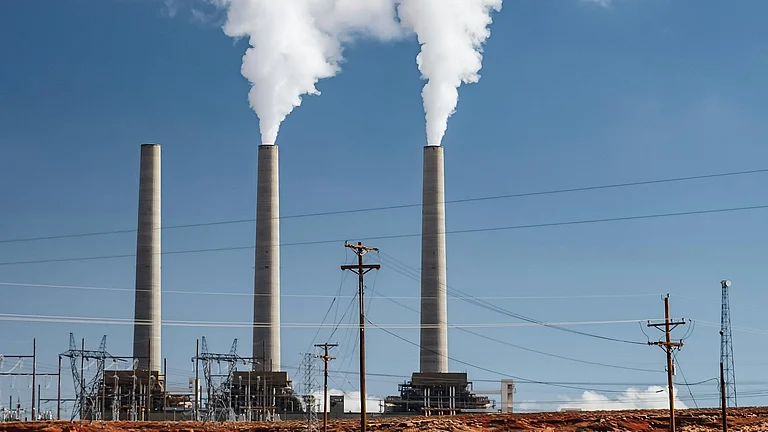The Inter-American Development Bank (IDB) plans to mobilise at least $11 billion in fresh climate finance through a series of initiatives to help countries deal with the impacts of global warming that will attract private funds, its president told Reuters.
IDB to Mobilise $11 Bn in Climate Finance Amid Shrinking Global Aid
Development bank eyes private capital to plug climate finance gaps
During the 4th International Conference on Financing for Development, IDB President Ilan Goldfajn said that the series of steps taken by the IDB would probably yield even more money from the private sector.
"We're not just announcing ideas — we're launching things that the private sector is asking for: credible tools, scalable platforms, and real opportunities to invest with impact and confidence," he said.
Currency Risk Tools Launched
Known as the FX EDGE, the new currency risk platform initiative will offer a line of credit that kicks in if a currency falls sharply, thereby helping projects with local currency revenues meet their overseas payment obligations.
The platform will scale up use of long-term currency hedging instruments such as derivatives through local banks and financial institutions, backed by the IDB's credit rating.
After working on a similar project with Brazil that drew in $8 billion from the private sector, the plan is to expand it to two or more new countries over the next three years and at least double the money mobilised.
The IDB also plans to partner with World Bank to issue up to $1 billion in so-called Amazonia Bonds, which it launched on a trial basis in 2024 to curb deforestation of the Amazonian rainforest and support its communities.
The IDB’s move comes as many governments cut official development aid, forcing multilateral lenders to do more with less. Institutions like the IDB are under an increasing pressure to step up, draw in more private capital and stretch limited public funds to help countries withstand escalating climate threats.
But as UN Secretary António Guterres stated during the same forum, “Countries need - and deserve - a system that lowers borrowing costs, enables fair and timely debt restructuring and prevents debt crises in the first place," Guterres said, citing a plan to create a single debt registry for transparency, and efforts to lower the cost of capital through debt swaps.
